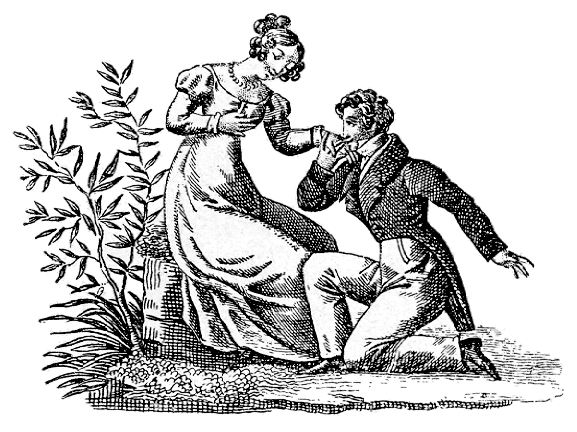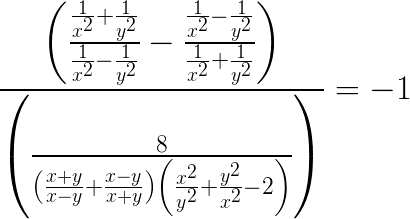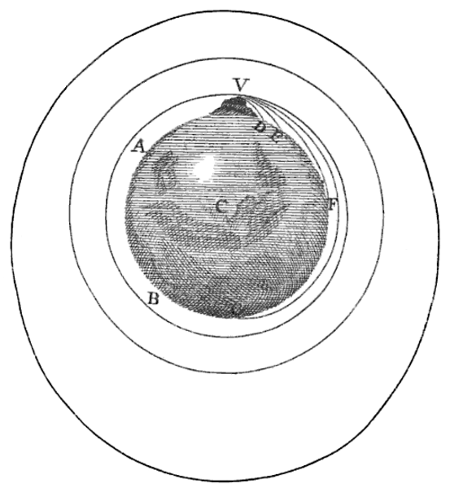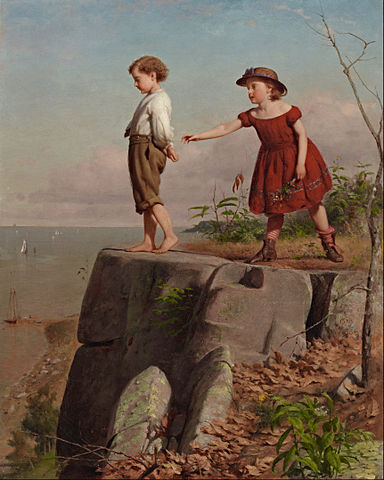
agamy
n. absence of marriage; the state or condition of being unmarried
viripotent
adj. (of a woman) physically fit for marriage
affidation
n. sworn confirmation of one’s intent to marry
deuterogamy
n. marriage a second time

agamy
n. absence of marriage; the state or condition of being unmarried
viripotent
adj. (of a woman) physically fit for marriage
affidation
n. sworn confirmation of one’s intent to marry
deuterogamy
n. marriage a second time
In the November 2009 issue of Word Ways, Richard Lederer lists his favorite “eye rhymes” — if English made any sense, these would sound alike:
Even worse: beat–great–sweat–caveat–whereat and bough–dough–enough–hiccough– lough–through–trough–thorough.
And shouldn’t encourage rhyme with entourage?
12/15/2015 A related image, from reader Jon Jerome:


operose
adj. involving great labor
(Thanks, Trevor.)

Eight ways to pronounce the letter X, from wordplay maven Dmitri Borgmann:
eks: x-ray
gz: exist
gzh: luxurious
kris: Xmas
ks: sex
ksh: anxious
z: xylophone
__: faux pas
He adds three more: According to Webster’s Second Edition, xeres is an alternate name for sherry wine in which the X can be pronounced either as H or as SH. And arguably the X in except is pronounced like the letter K, as “the sibilant portion of the usual X sound has fused with the sound of the C immediately following.” If we accept these, then the total rises to 11.
(Dmitri A. Borgmann, “The Ultimate Homonym Group,” Word Ways 17:4 [November 1984], 224-228.)

calicrat
n. an ant
The ant has made himself illustrious
Through constant industry industrious.
So what?
Would you be calm and placid
If you were full of formic acid?
— Ogden Nash
British recreational mathematician Lee Sallows has produced many varieties of the self-enumerating pangram — sentences that inventory their own contents:
This pangram contains four As, one B, two Cs, one D, thirty Es, six Fs, five Gs, seven Hs, eleven Is, one J, one K, two Ls, two Ms, eighteen Ns, fifteen Os, two Ps, one Q, five Rs, twenty-seven Ss, eighteen Ts, two Us, seven Vs, eight Ws, two Xs, three Ys, & one Z.
A few years ago he began to wonder whether it’s possible to produce a sentence that reckons its totals as percentages. This is more difficult, because the percentages won’t always work out to be integers. As he worked on the problem he mentioned it to a few others, among them British computer scientist Chris Patuzzo. And a few days ago, Patuzzo sent him this:
This sentence is dedicated to Lee Sallows and to within one decimal place four point five percent of the letters in this sentence are a’s, zero point one percent are b’s, four point three percent are c’s, zero point nine percent are d’s, twenty point one percent are e’s, one point five percent are f’s, zero point four percent are g’s, one point five percent are h’s, six point eight percent are i’s, zero point one percent are j’s, zero point one percent are k’s, one point one percent are l’s, zero point three percent are m’s, twelve point one percent are n’s, eight point one percent are o’s, seven point three percent are p’s, zero point one percent are q’s, nine point nine percent are r’s, five point six percent are s’s, nine point nine percent are t’s, zero point seven percent are u’s, one point four percent are v’s, zero point seven percent are w’s, zero point five percent are x’s, zero point three percent are y’s and one point six percent are z’s.
Details are here. The next challenge is a version where the percentages are accurate to two decimal places — Patuzzo is working on that now.
(Thanks, Lee.)

cogitabund
adj. musing, meditating, thoughtful, deep in thought
In his Treatise of the System of the World, Isaac Newton imagines firing cannonballs with greater and greater velocity from a high mountaintop. “The body projected with a less velocity, describes the lesser arc VD, and with a greater velocity, the greater arc VE, and augmenting the velocity, it goes farther and farther to F and G; if the velocity was still more and more augmented, it would reach at last quite beyond the circumference of the Earth, and return to the mountain from which it was projected.”
Indeed, if air resistance is not a factor, the cannonball will return to the mountain with the same velocity with which it left it, “and retaining the same velocity, it will describe the same curve over and over, by the same law,” like the moon. Thus with a simple thought experiment Newton conceived that gravity was the key force underlying planetary motion.
In a fitting tribute, the diagram above is now traveling beyond the solar system on the Voyager Golden Record, on a journey that its author helped to make possible.
In his 1943 book The Life of Johnny Reb, Emory University historian Bell Wiley collects misspellings found in the letters of Confederate soldiers. Can you decipher these words?
Bonus: What does A brim ham lillkern mean?

periculant
adj. endangered, exposed to peril
Can you understand the meaning of this passage?
Interlingua se ha distachate ab le movimento pro le disveloppamento e le introduction de un lingua universal pro tote le humanitate. Si o non on crede que un lingua pro tote le humanitate es possibile, si o non on crede que interlingua va devenir un tal lingua es totalmente indifferente ab le puncto de vista de interlingua mesme. Le sol facto que importa (ab le puncto de vista de interlingua mesme) es que interlingua, gratias a su ambition de reflecter le homogeneitate cultural e ergo linguistic del occidente, es capace de render servicios tangibile a iste precise momento del historia del mundo. Il es per su contributiones actual e non per le promissas de su adherentes que interlingua vole esser judicate.
Remarkably, if you’re familiar with a Romance language or are an educated speaker of English, you probably can. It’s Interlingua, a language that combines a minimal grammar with a widely familiar vocabulary, making it unusually easy to learn and comprehend. Here’s a translation of the passage above:
Interlingua has detached itself from the movement for the development and introduction of a universal language for all humanity. Whether or not one believes that a language for all humanity is possible, whether or not one believes that Interlingua will become such a language is totally irrelevant from the point of view of Interlingua itself. The only fact that matters (from the point of view of Interlingua itself) is that Interlingua, thanks to its ambition of reflecting the cultural and thus linguistic homogeneity of the West, is capable of rendering tangible services at this precise moment in the history of the world. It is by its present contributions and not by the promises of its adherents that Interlingua wishes to be judged.
Devised in the early 20th century, the language is now taught in high schools and universities; among international auxiliary languages, it’s the easiest to understand without prior study.